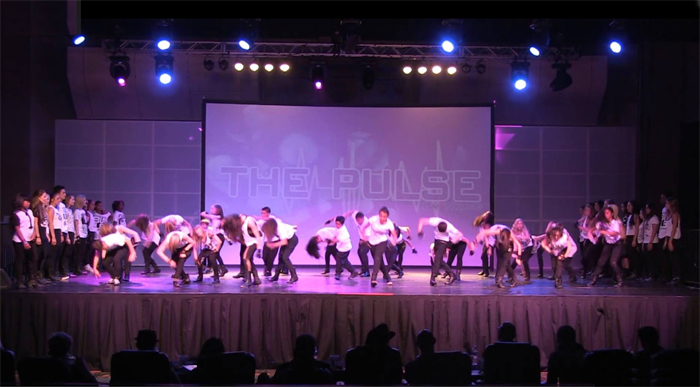The trouble with terrorism is that it’s an excuse for not doing the hard stuff.

Where 50 people died: The Pulse Nightclub, Orlando, Florida. PHOTO Jake Ryan
The president said so, the presidential candidates said so, the FBI said so. It must be true.
Orlando was an act of terror, a political crime, akin to the Boston Marathon bombing in 2013, the Paris massacre in November last year, and the shootings in San Bernadino, California, three weeks later.
The US-born shooter’s Afghan descent and an alleged prior declaration of allegiance to ISIS – the self-styled Islamic State – underlines the terror motive. The praise for his act from ISIS sympathizers in some Islamist forums says that for some he’s already a hero.
We have much still to learn about this mass murder and we won’t ever know much about the gunman’s psychological disposition because he’s dead.
But we can already confidently say that besides the above, this was also a hate crime, a crime against difference. The targeting of a gay nightclub says the shooter had a problem with people of alternative sexual orientation, and maybe with people just out having a good time.
I don’t see this as a religious act, but it does involve a mindset often linked to religion, in which puritanical people see themselves on a plane above those with different beliefs, and see people living secular lives as the pits, the bottom of the heap.
More important than any of this is what Orlando does to the rest of us.
At the turn of this century we had reason to think we were making progress with the big global environmental issues. We’d acted to curb ozone depletion and acid rain. We’d launched the UN climate change convention and negotiated the flawed but still remarkable Kyoto Protocol.
There was still room for hope even when George Bush repudiated Kyoto in mid-2001. But then came 9/11 and all bets were off. Suddenly we had a war on our hands, which in 2003 became two wars. Now there are countless squabbles in many countries, with no end in sight.
Al Gore’s movie An Inconvenient Truth broke through in 2006, followed by the landmark fourth report of the Intergovernmental Panel on Climate Change (each achievement winning a Nobel Prize).
That progress seemed to be halted by global financial crisis and the failure of the Copenhagen climate conference. But we did manage to keep moving, buoyed in Australia by the Gillard government’s greatest achievement, a comprehensive carbon price scheme.
Throughout this time other jurisdictions – national, regional and local – along with individuals and groups of people were steadily building on growing scientific knowledge about climate change and its impact, taking innovative actions that set an example for others.
But always there were setbacks, some bigger than others.
In Australia, Tony Abbott’s rise to prominence saw bipartisanship on climate policy disappear. In the lead-up to his 2013 election win, the long-haul climate challenge with its built-in reform and innovation agenda disappeared from public debate, replaced by the security agenda.
John Howard had shown in 2001 how border protection could swing electoral fortunes his way. With the acquiescence of a hapless Labor party Abbott took this to new levels, forcing boats back to Indonesia and leaving “successful” boat people to rot or go mad on Nauru and Manus Island.
Europe – the long-time global leader of comprehensive climate action – has now begun to unravel. The unprecedented refugee pressure arising out of the Syrian war gives new impetus to separatists in the UK, Hungary, Spain and practically every other European country.
And now Orlando. Donald Trump is in a league of his own and his reaction to the shootings – radical Islam is our enemy, our leaders are weak, we must hunker down, it’s going to get worse – is doubtless all his own work, but it isn’t so far removed from what Abbott might have said.
These are the rocks on which our great work to build a better future comes to grief. Our challenge now, as always, is to raise our eyes above the distractions and remain true to that noble goal.
• In Hobart tonight (6.30, Dechaineaux Lecture Theatre, Hunter St.) Oxfam is hosting a climate policy forum, with guest speaker Paul Gilding of Cambridge University’s Sustainability Leadership Institute, and candidates Andrew Wilkie (Independent MP), John Short (Labor), Jen Brown (Greens), Nicky Cohen (Xenophon) and Hans Willink (Science Party).
